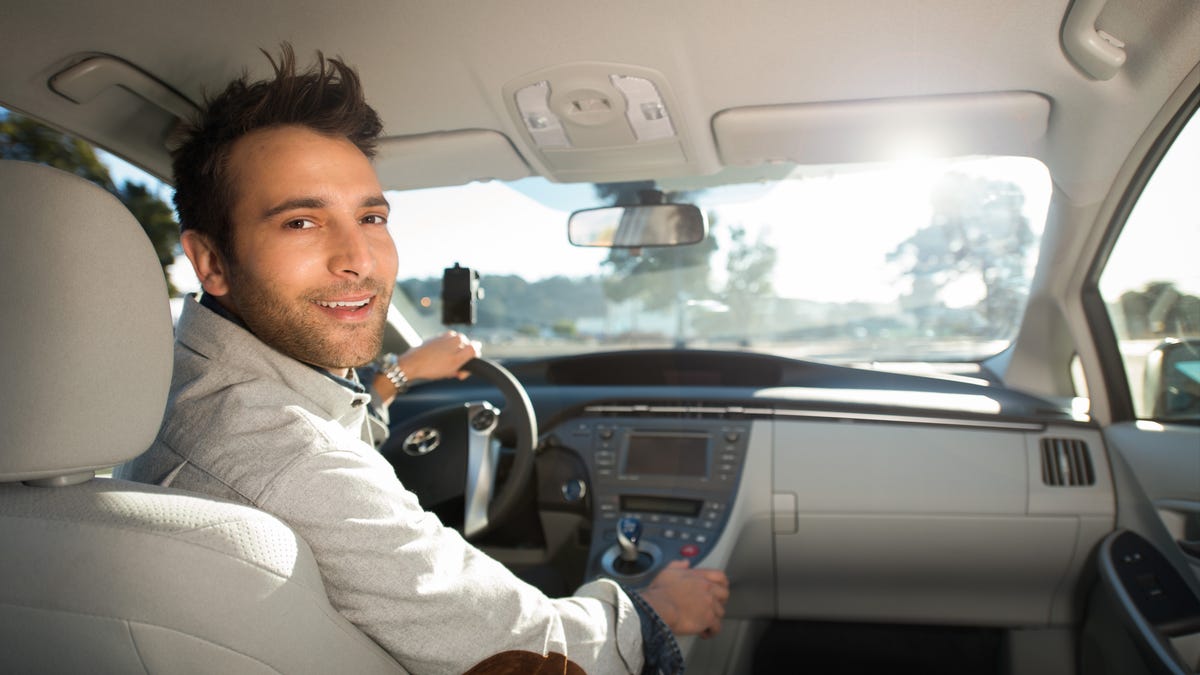Seattle grants Uber, Lyft drivers right to unionize
The ordinance gives workers for ride-hailing companies the ability to bargain for better pay and other benefits. Both Uber and Lyft have opposed giving their drivers the right to create unions.

Uber and Lyft drivers can now unionize in Seattle.
Seattle has become the first US city to give Uber and Lyft drivers the right to form unions.
On Monday, the Seattle City Council passed an ordinance stating that drivers of on-demand ride-hailing companies can create unions to bargain on issues of pay and working conditions, Reuters reported.
Both Uber and Lyft have fought against the right for its drivers to unionize, saying the move violates federal labor and antitrust laws that apply strictly to employees. Uber has also argued that many of its workers are on the job less than 10 hours a week and that there is a high degree of turnover, Reuters added. Thus, Uber has said, there's little justification for them to form unions.
The ride-hailing services are the center of a debate over the relationship between companies and those who toil in their name. Uber has especially been a lightning rod for controversy, with critics charging that it reaps a financial windfall by treating its drivers as contractors and thus avoiding higher costs such as paying benefits, overtime and insurance. If drivers unionize, they would have leverage in negotiating pay and perks.
The measure presents yet another obstacle for Uber, which is facing a class-action lawsuit in California from workers demanding that they be treated as employees rather than as independent contractors. If the suit is successful and the right to unionize spreads, Uber would face higher costs by becoming responsible for employee benefits.
Uber connects passengers with drivers via a smartphone app, as does Lyft. Uber has said that drivers are their own bosses and can drive as much or as little as they want and that's what makes them contractors, rather than employees. Seattle's new ordinance doesn't resolve the issue of whether workers are employees or contractors.
So far, nine states have ruled that drivers for on-demand ride companies are independent contractors. But in two instances, California labor officials determined that former Uber workers were employees and were entitled to unemployment benefits. In another case in Florida, an Uber driver was designated as an employee, but the move was overturned in September and the driver was reclassified as a contractor, Wire reported.
Lyft has asked Seattle's mayor and city council to reconsider the decision.
"Lyft drivers are entirely in control of where or when they work, and this flexibility is exactly why the service is so popular with people looking to make extra income," Lyft said in a statement. "Unfortunately, the ordinance...threatens the privacy of drivers, imposes substantial costs on passengers and the city, and conflicts with longstanding federal law."
Uber defended its business.
"Uber is creating new opportunities for many people to earn a better living on their own time and their own terms," a company spokesman said. "Drivers say that with flexible and independent work with Uber, 50 percent of them drive fewer than 10 hours a week, 70 percent have full-time or part-time work outside of Uber and 65 percent choose to vary the hours they drive 25 percent week-to-week."
Update, 10 a.m. PT: Adds comment from Uber.

